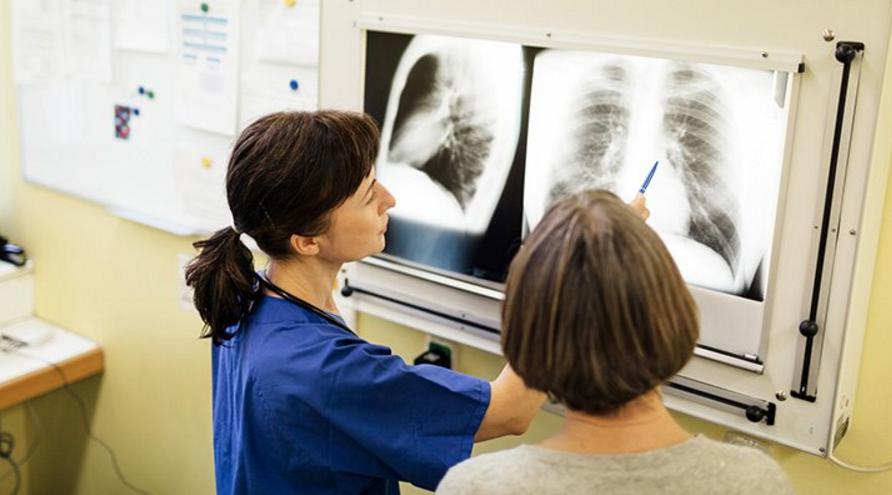A recently published study in Cell conducted by a team of researchers in China led by Prof. Zhang Peng, Prof. Zhou Hu, Prof. Gao Daming, and Prof. Ji Hongbin has unveiled significant advancements in the understanding of small cell lung cancer (SCLC) through proteogenomic analysis.
SCLC, accounting for approximately 15% of lung cancer cases, is known for its aggressive nature and high fatality rates. Despite limited progress in treatment development, this study offers promising possibilities for improved clinical outcomes. By examining tumor samples from 112 Chinese SCLC patients, the researchers conducted thorough multi-omics analyses, including whole exome sequencing, transcriptomics, proteomics, and phosphoproteomics.
Key findings from the study revealed TP53 and RB1 as major gene alterations in SCLC, with ZFHX3 mutations being more prevalent in Chinese populations compared to Western populations. The study also identified the impact of gene mutations such as FAT1 and GNAS on SCLC development, shedding light on potential therapeutic targets.
Notable discoveries included the identification of specific proteins, phosphorylation sites, and kinases associated with SCLC progression. Proteins like HMGB3 and CASP10 were linked to prognosis, with HMGB3 showing higher expression levels in tumors correlating with poorer outcomes. Immunohistochemical analysis confirmed the prognostic value of these biomarkers, paving the way for more accurate prognostic predictions.
Moreover, the study categorized SCLC tumors into distinct subtypes based on immune cell infiltration levels. The identification of hot tumors with activated immune-related pathways suggests potential benefits from immunotherapy, while ZFHX3 mutations were associated with improved response to treatment, offering a novel biomarker for immunotherapy in SCLC.
By establishing patient-derived tumor models and integrating genomic and proteomic analyses, the researchers validated targeted treatment strategies based on molecular subtyping. This innovative approach holds great potential for enhancing personalized treatment options and improving clinical outcomes for SCLC patients.
This groundbreaking study enhances our understanding of SCLC pathogenesis, aids in prognosis prediction, identifies molecular subtypes, and paves the way for tailored treatment approaches. The wealth of data generated by this research promises to drive advancements in basic and clinical research for the benefit of SCLC patients globally.
*Note:
1. Source: Coherent Market Insights, Public sources, Desk research
2. We have leveraged AI tools to mine information and compile it




